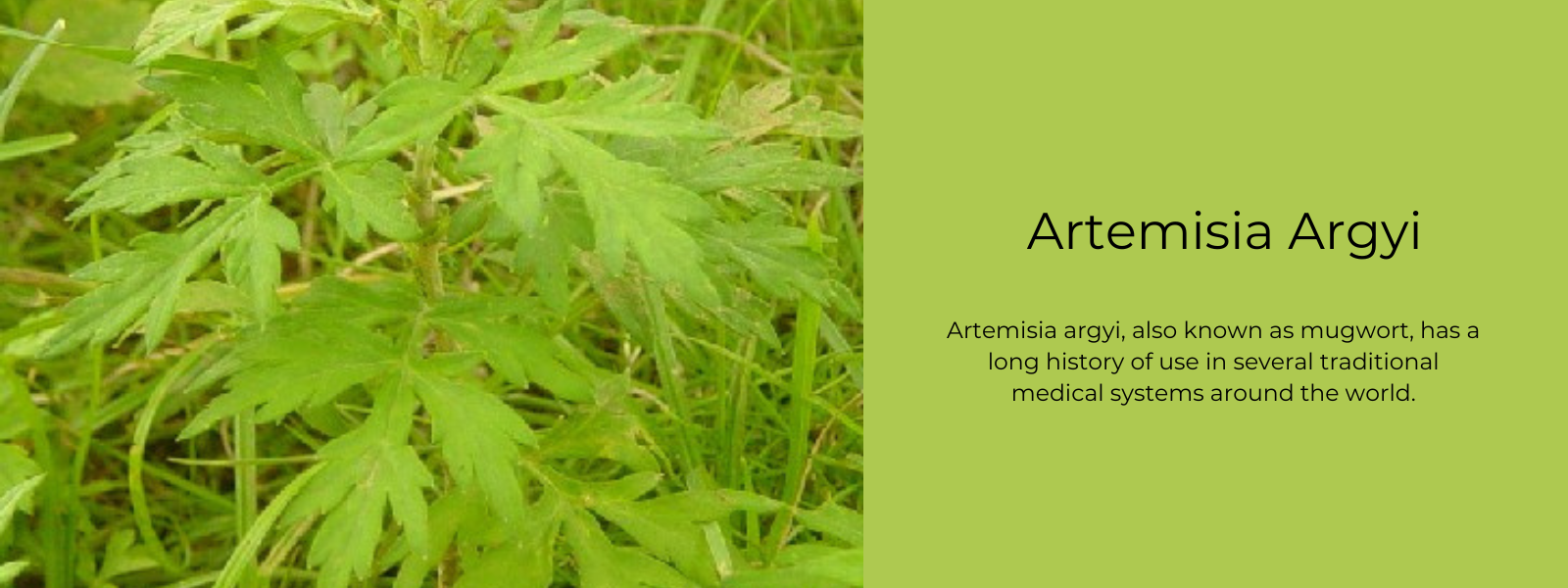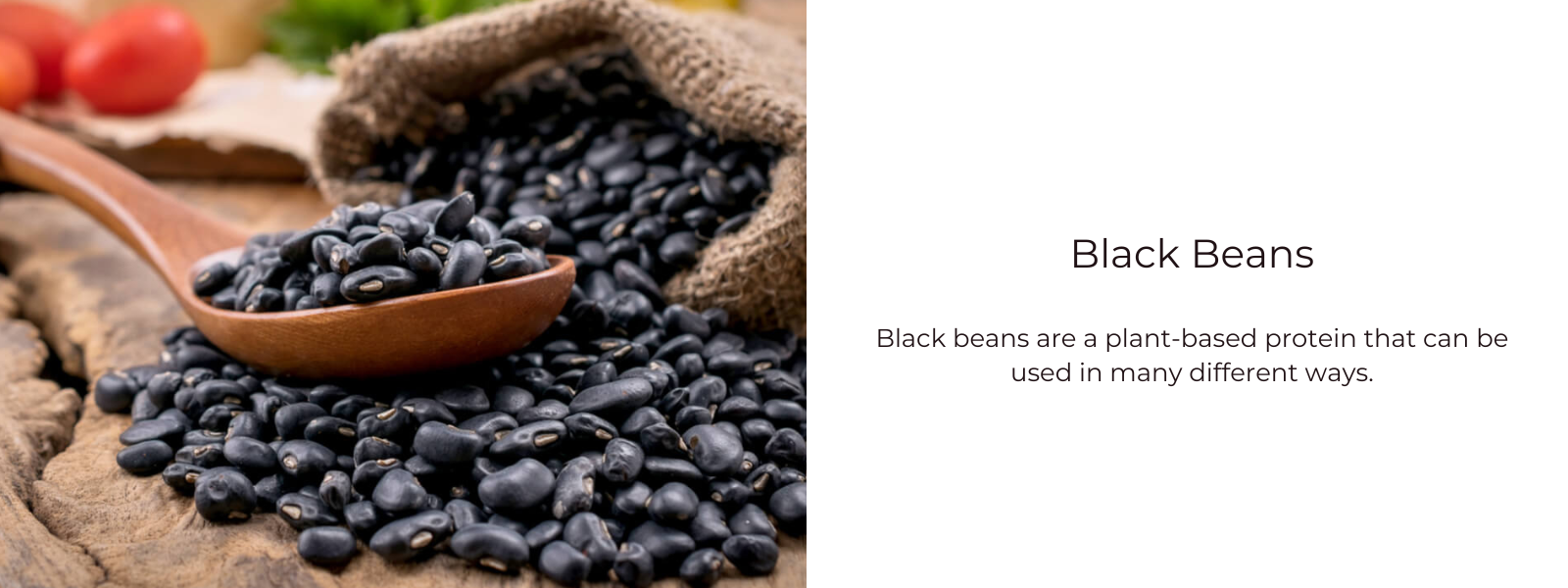Table of Contents
Cinnamon has long been prized for its unique flavor and medicinal properties. Cinnamon is used in many cuisines around the world, and is especially popular in baking. Cinnamon can also be used to make tea, and is often taken as a supplement for its health benefits.
Cinnamon has strong antioxidant activity, and is thought to be beneficial for blood sugar control, cholesterol levels, and cognitive function. Cinnamon is also used as a natural remedy for colds and flu, and has anti-inflammatory properties.
If you're looking to add more cinnamon to your diet, there are many easy ways to do so. Add a sprinkle of cinnamon to your morning coffee or oatmeal, or use it to flavor baked goods or savory.
What is cinnamon?
Spice known as cinnamon is obtained from the branches of trees in the family Cinnamomum. Southeast Asia, South America, and the Caribbean are its natural habitats. Cinnamon comes in two primary varieties: cassia and Ceylon. The nutritional profiles of the two are different.
Since 2000 BC, people have used cinnamon, which was highly respected in ancient Egypt. It was used by physicians in the Middle Ages to treat ailments like coughing, arthritis, and sore throats. After black pepper, it is currently the second most popular spice in both Europe and the United States. Cinnamon is a spice that can be purchased whole, as pieces of bark, or in powder form. Additionally, they can take vitamins and cinnamon essential oil.
Cinnamon is a spice that has been used for centuries in cooking and traditional medicine. Some studies have suggested that the compounds in cinnamon have antioxidant, anti-inflammatory, antidiabetic, and antimicrobial properties, and that they might offer protection from cancer and cardiovascular disease, among other conditions. However, more evidence is needed to confirm these potential health benefits.
Cinnamon is rich in antioxidants, which are substances that protect cells from damage caused by toxins and other environmental stressors. These antioxidants may help to reduce inflammation throughout the body, and they may also help to protect against some chronic diseases like cancer and heart disease. In addition to its potential health benefits, cinnamon is also a delicious spice that can be used to add flavor.
Nutrition Facts
Twenty calories, six grams of carbs, and four grams of fiber are included in one tablespoon of cinnamon. Although it is low in protein and fat, it is high in calcium, magnesium, phosphorus, and potassium, among other important minerals.
Cinnamon may not provide a significant nutritional boost on its own, but it is rich in micronutrients including calcium, magnesium, phosphorus, and potassium. If you include a variety of other foods in your diet that are also rich in these nutrients, you'll be getting the most benefit from cinnamon. Some great sources of these nutrients include leafy greens, fruits, and nuts. By including a variety of nutrient-rich foods in your diet, you'll be sure to get the most benefit from them.
Health Benefits of Cinnamon
Health benefits of cinnamon
Adding cinnamon to your food can improve your health in addition to giving it a sweet and spicy flavor. There are several health-promoting properties in cinnamon. Here are a few other positive effects on health:
- Acts as anti-bacterial, antiviral and antifungal
Cinnamon is known for its ability to fight various kinds of infection. The main active component of cinnamon, cinnamaldehyde, is an essential oil that displays anti-bacterial, anti-viral, and anti-fungal properties. Cinnamaldehyde inhibits certain bacteria like salmonella and also controls respiratory infections caused by fungi. These characteristics make cinnamon a valuable spice with many potential health benefits.
- Packed with antioxidants
Cinnamon is one of the most powerful antioxidants, helping to reduce oxidative stress that can damage cells and contribute to chronic diseases such as type 2 diabetes. Cinnamon is rich in antioxidants such as choline, beta carotene, and alpha-carotene, which help protect cells from damage. Cinnamon also acts as a natural food preservative, keeping food fresh for longer.
- Loaded with anti-inflammatory properties
Cinnamon is a spice that has been used for centuries in traditional medicine. Cinnamon contains an active ingredient called cinnamaldehyde, which is known to have anti-inflammatory and analgesic properties. These properties make cinnamon a helpful remedy for treating arthritis pain.
Cinnamon can be consumed in many ways, such as adding it to food or drink, or taking it in supplement form. However, it is important to consult with a healthcare professional before taking any supplements, as they may interact with other medications you are taking.
If you are looking for a natural way to reduce your arthritis pain, consider adding cinnamon to your diet or using cinnamon supplements.
- Regulates sugar level
Cinnamon has been shown to be effective in regulating blood sugar levels and improving insulin sensitivity. A daily dose of cinnamon can help to slow down the breakdown of carbohydrates in the digestive tract, which leads to less glucose being released into the bloodstream. This can be beneficial for people who are at risk for diabetes or who are already dealing with the condition. Adding cinnamon to your diet is a simple and natural way to improve your health and help manage your blood sugar levels.
- lowers bad cholesterol
Cinnamon is not only a delicious spice, but it also has some pretty impressive health benefits. One of these is its ability to help reduce cholesterol levels in the body.
Cinnamon contains a compound called cinnamate, which has been shown to decrease enzyme activity that produces cholesterol. This, in turn, reduces the amount of fatty acids in the blood and helps to lower bad cholesterol levels.
Studies have shown that cinnamon can help to reduce LDL (bad) cholesterol by up to 26% and total cholesterol by up to 18%. This makes it a great choice for those at risk of heart disease.
- Reduces blood pressure
One of the most well-known health benefits of cinnamon is its ability to help lower blood pressure. A study published in the journal "Hypertension" found that just one gram of cinnamon per day was associated with a reduction in blood pressure levels. Cinnamon works by helping to relax the blood vessels, which can reduce stress on the heart and improve circulation. Cinnamon can also help to lower cholesterol levels. High cholesterol is a major risk factor for heart disease
- May protect against cancer
Cinnamon has long been used as a medicinal herb. Modern science is now beginning to confirm what traditional healers have known for centuries – that cinnamon has powerful anti-cancerous properties. Studies have shown that cinnamon inhibits the growth of cancer cells and prevents the formation of blood vessels in tumors. These effects make cinnamon an effective natural treatment for cancer. Daily consumption of cinnamon provides a protective action against cancer, particularly colon cancer. So if you’re looking for a way to reduce your risk of cancer, add some cinnamon to your diet!
- Great for skin
If you're looking for a way to improve your skin health, consider using cinnamon. Cinnamon can help reduce the acne-forming bacteria on your skin, leading to fewer breakouts. To make an acne mask, combine three tablespoons of honey with a tablespoon of ground cinnamon to form a paste. Leave it on your skin for 10 minutes, then wash it off. You'll notice a difference in your skin's appearance and feel after just one use!
- Anti-aging properties
Cinnamon not only provides your skin with the protein it needs to regain its elasticity, but also helps to keep your skin looking shiny and smooth. The extract from cinnamon bark is full of antioxidants that help to protect your skin from damage caused by free radicals. These antioxidants also help to reduce the appearance of fine lines and wrinkles. In addition, cinnamon extract can help to stimulate collagen production, which helps to keep your skin looking young and healthy.
- Prevents Alzheimer’s disease
Cinnamon may also have some benefits for cognitive health. Some research suggests that cinnamon may help to protect neurons and improve motor function. Compounds found in cinnamon may also inhibit the growth of a protein called tau in the brain. Tau is one of the trademarks of Alzheimer's disease. While more research is needed to confirm these potential benefits, cinnamon may be worth adding to your diet for its flavor and health benefits.
FAQs on Cinnamon:
How do I make cinnamon tea?
Cinnamon tea is a delicious and healthy way to enjoy the benefits of cinnamon. To make cinnamon tea, simply add one cinnamon stick to a mug of boiling water. Steep for 10 minutes, then remove the cinnamon stick and enjoy warm or hot. Cinnamon tea is a great way to get the benefits of cinnamon without adding any sugar or other sweeteners. Enjoy it plain, or add a little honey or milk if you like.
How many calories are in cinnamon?
Twenty calories are found in one tablespoon of ground cinnamon.
How long do cinnamon sticks last?
Cinnamon sticks can be kept for three to four years if they are kept in a cold, dry place with a tight-fitting lid.
Conclusion:
Cinnamon is a delicious spice with many health benefits. Cinnamon can help regulate blood sugar levels, improve digestion and reduce inflammation. cinnamon also has antimicrobial properties, making it a great way to boost your immune system. You can add cinnamon to your diet by sprinkling it on top of food or adding it to recipes. Cinnamon is a versatile spice that can be used in sweet or savory dishes. Try incorporating cinnamon into your next meal and experience the wonderful flavor and health benefits for yourself!










Leave a comment